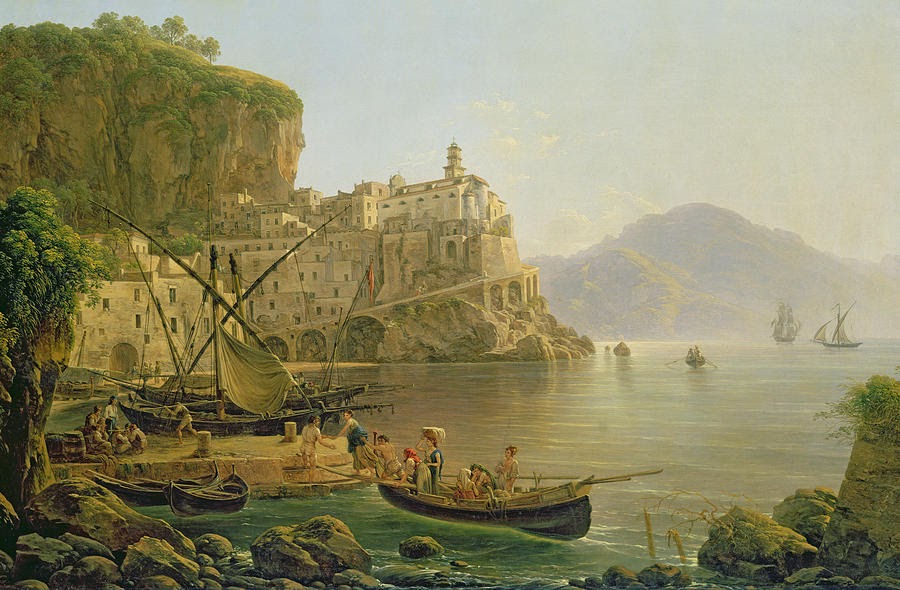I was fortunate to watch in person many of the great National League hurlers of the 1960s - Spahn, Marichal, Drysdale, Gibson, Seaver, but never saw the greatest of them all, Sandy Koufax. Fifty five years ago this month, Sandy announced his retirement at the age of 30, due to severe elbow problems. Though I knew about it at the time, I'd never seen his actual announcement until a couple of days ago.
In response to questions, Sandy is quite blunt about why he is retiring:
"I don't know if cortisone is good for you or not but to take a shot every other ball game is more than I wanted to do. To walk around with a constant upset stomach because of the pills, and to be high half the time during the game because you are taking painkillers, I don't want to have to do that."
In response to a question about the impact of losing income from his decision:
"Well, the loss of income. Let's put it this way. If there was a man who did not have use of one of his arms and you told him it would cost a lot of money to buy back that use, he'd give them every dime he had."
Today In 1966: Choosing his health over the money, Los Angeles #Dodgers superstar pitcher Sandy Koufax shocks the baseball world by announcing his retirement at the age of 30! #MLB #Legend #Baseball #History pic.twitter.com/yTmChEwSZe
— Baseball by BSmile (@BSmile) November 18, 2021
During the 1964 season, Koufax experienced severe pain in his left elbow, a condition for which he was told there was no cure. Prior to the 1965 season he asked his doctor to tell him when his condition got to the point where continuing to pitch would cause him to lose the use of his arm. During the 1965 and 1966 seasons, in which he went 26-8 and 27-9, leading the Dodgers to the World Series in both years, Koufax's regimen included cortisone shots, powerful steroids, taking two codeine pills (one before each start and one in the 5th inning), and smearing his body with an ointment with high levels of capsaicin, the active ingredient in chili peppers. At the end of the 1966 season he was advised that to continue pitching would cause permanent damage to his arm.
Sandy Koufax turns 86 on December 30.
